Sudan, officially the Republic of the Sudan, is a large country in Northeast Africa with a population of 45 million. Since this former British colony gained independence in 1956, Sudan has been plagued by political instability. This has led to deep poverty despite the nations’ ample natural resources: vast tracks of arable land and access to the Red Sea and the river Nile.
Since 2003, Sudan has been in a state of civil war. In its latest phase, the fighting is carried on by two factions: the Sudanese Armed Forces (SAF) and the Rapid Support Forces (RSF), a paramilitary group which, though previously under the formal control of the national government, now wages war against it.
This relentless war has disrupted both the production and the importation of food in vast areas. Compounding the problem, it is almost impossible to bring humanitarian aid to the affected regions.
What is happening in Sudan?
In 1989, a 30-year-long military dictatorship began led by Omar al-Bashir. As his junta came to power, it systematically ran the agricultural sector to the ground. There was little support for farmers and no provision of resources. This led the country to rely significantly on food imports.
Jump forward to 2003. Al-Bashir’s government began what can only be called a genocide in the Darfur region of western Sudan. This genocide against the non-Arab sedentary farmers by the Arab nomadic pastoralists continues to the present day.
In 2015, Vice President Hassabu Mohamed Abdalrahman encouraged the annihilation of the non-Arab farmers. In a series of events that echoed the Rwanda genocide, the Arab militia group Janjaweed (dubbed “devils on horseback”) carried out its genocidal mission by raiding non-Arab villages, destroying food stocks and poisoning wells. Ethnically targeted violence continues in Darfur today. The Janjaweed eventually evolved into the RSF. General Mohamed Hamdan “Hemedti” Dagalo, leader of the Janjaweed, continues to command the RSF.
Hemedti’s militia is carrying out a ruthless war against the SAF. The RSF have made incursions in most of Sudan and seized four of the capitals of the five federal states that compose Darfur. The only holdout in the region is El Fasher, the capital of North Darfur, currently under seige by the RSF. The city is filled with refugees who fear for their lives lest RSF take the city.
Sudan’s neighbors and the African Union (AU) have begun to see the writing on the wall and are preparing to accommodate a Hemedti-led regime. Hemedti’s militia receives support and resources from the United Arab Emirates, while Egypt is on the side of the SAF. This civil war exacerbates the failure of security and diplomacy in the region. The UN Security Council will not authorize any intervention, despite the creation of a rapid deployment force between the AU and the UN.
With regional powers split, the real victims of the war are no more than a second thought. Caught in between the factions warring against each other are nine million internally displaced persons (IDPs). Additionally, one million refugees have fled to neighboring countries such as Chad, Egypt and South Sudan. These nations countries are rather inhospitable to the refugees. It is difficult for them to accommodate the newcomers, since they are to varying degrees struggling with instability themselves. They simply lack the resources, even if they had the will, to manage a refugee crisis of this magnitude.
Driven by desperation, some refugees are attempting the trans-Saharan land route across Libya in a bid to make the perilous sea voyage to Europe.
The lack of humanitarian aid
The real casualty of the war in Sudan is the inability to deliver humanitarian aid, especially food, water and medicine. Médecins Sans Frontières (MSF), which runs a clinic in the Zamzam IDP camp in Darfur, recently reported that a large percentage of children in Sudan currently suffer from severe acute malnutrition. Due to the insecurity created by the war, agricultural activities have become impossible in most areas of Sudan for years, forcing people to rely on humanitarian aid and food programs.
Darfur is one of the most remote parts of the world. In order to reach the region, convoys of humanitarian aid need to disembark from Port Sudan, on the Red Sea, and cross the breadth of the country. Difficult in the best of times, this journey is all but impossible due to the fighting. The UN World Food Program (WFP) is now unable to deliver food to parts of Darfur.
In the Zamzam IDP camp, located about 14 kilometers south of El Fasher, there is almost no food and no access to clean water. The few humanitarian agencies that remain operational are unable to attain safe access to the sire. The WPF has warned of an upcoming catastrophe in the coming months. As per the report by MSF, a food gap or lean season is inevitable; the next harvest season is in November/December, and the circumstances will not mitigate the famine and lack of food on the ground created by the ongoing civil war.
The Russia–Ukraine war has also exacerbated the situation. Sudan previously relied on cereal imports from the Black Sea. The European conflict has disrupted the supply lines connecting Sudan to European grain via the Red Sea.
What can the international community do?
Currently, there is very little, if any, human rights reporting in Darfur. The international community has largely abandoned efforts in this region. Getting food and medicine into Darfur and other locations in western Sudan is extremely difficult.
At present, MSF provides supplementary and therapeutic feeding to the most needy, without which they would be unable to survive. The only food going into the Zamzam IDP camp, a camp with 400,000 IDPs, is what Eric Reeves himself and his cooperators at Project Zamzam have been able to send.
Project Zamzam provides monthly food distributions to the most needy individuals. This project and MSF are now the only international presence in the area. The project has also been able to rehabilitate seven wells that humanitarian groups had abandoned. It also aims to assist and rehabilitate women and girls who have suffered from sexual violence, which has been rampant in the region for over twenty years. More information about the sexual violence that has been going on in this region can be found here.
For more information about the conflict in Darfur, how to help, and how to contribute to Eric Reeve’s project, please visit his website.
Visit this Website: https://sudanreeves.org/
[Mitchelle Lumumba wrote the first draft of this piece.]
The views expressed in this article/video are the author’s own and do not necessarily reflect Fair Observer’s editorial policy.




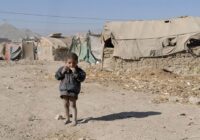
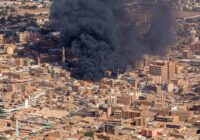
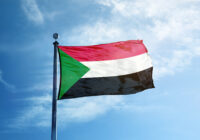




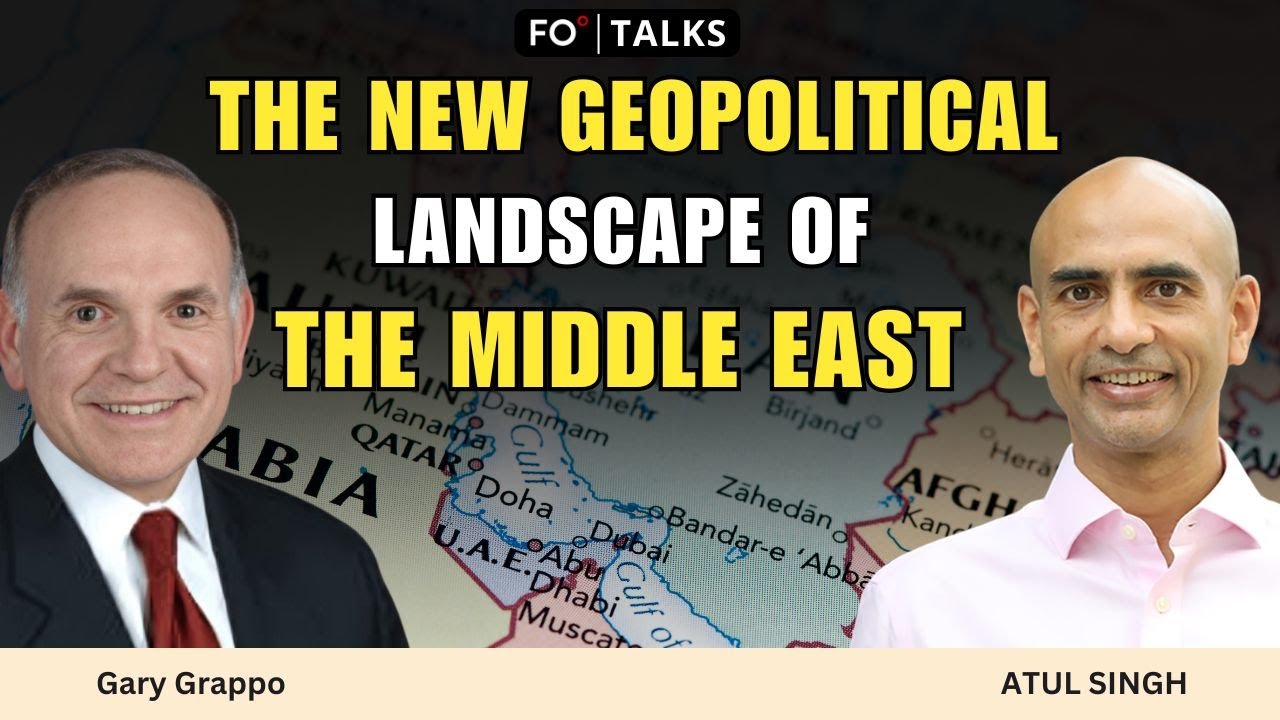





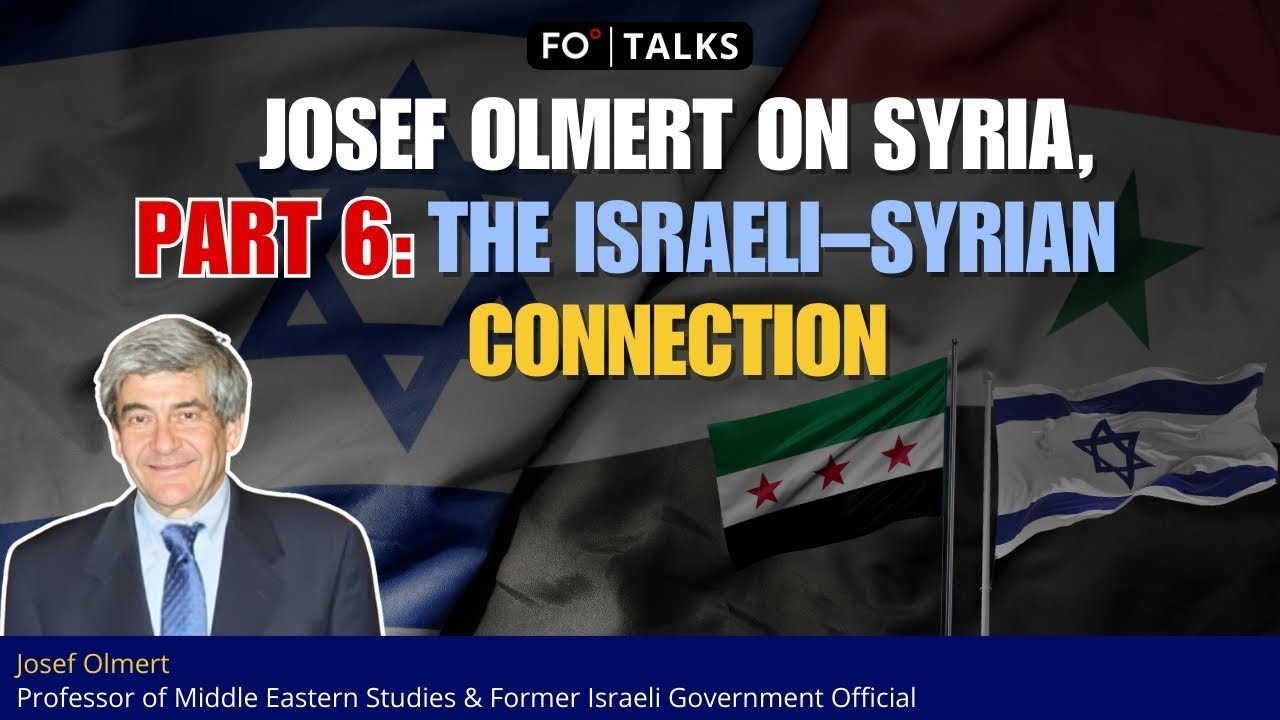




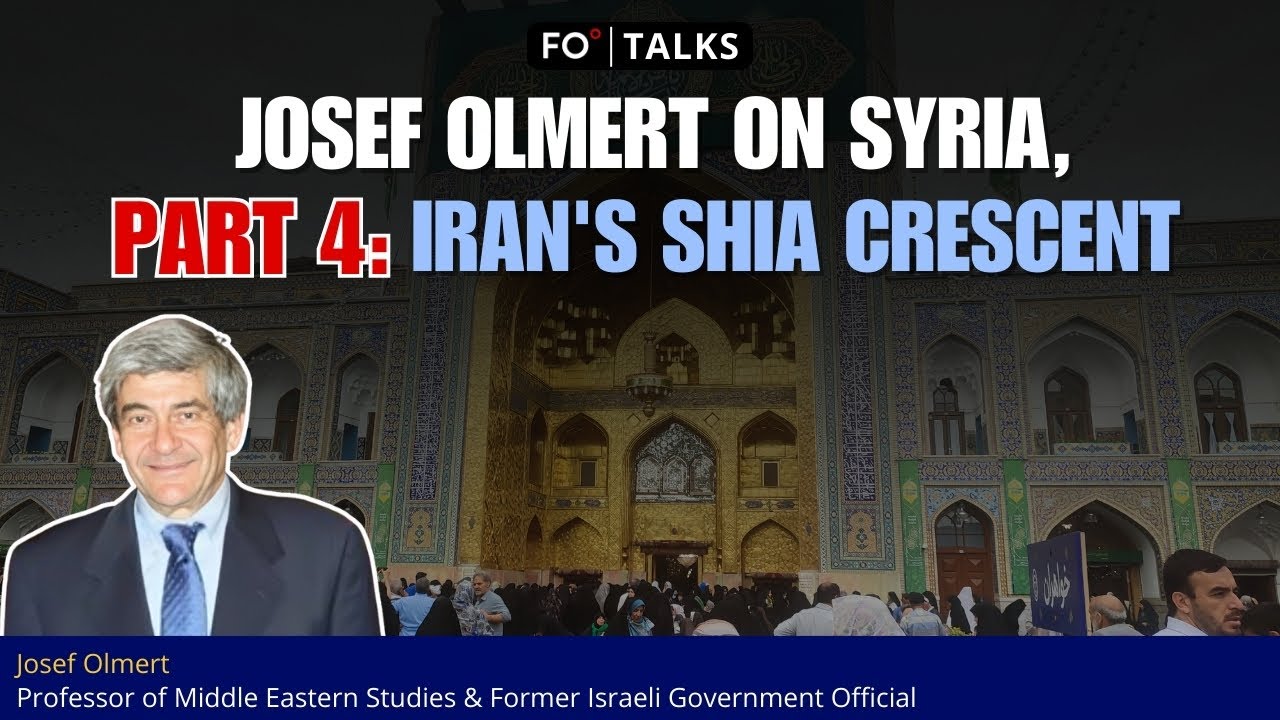















Comment